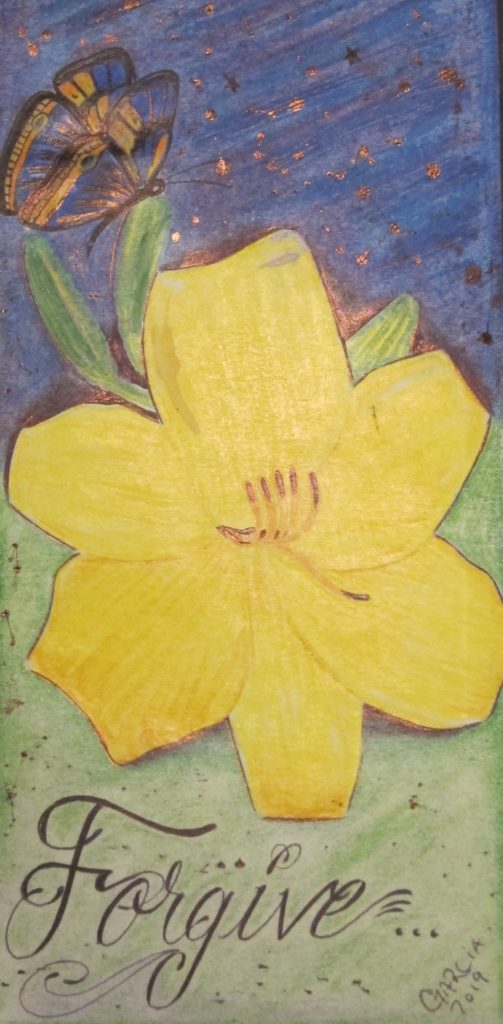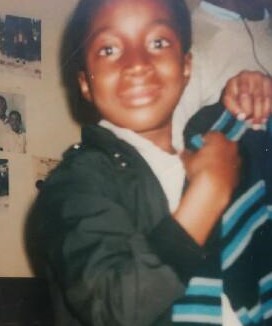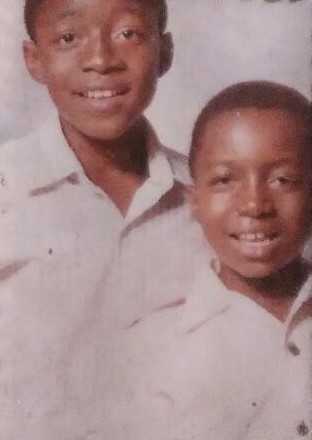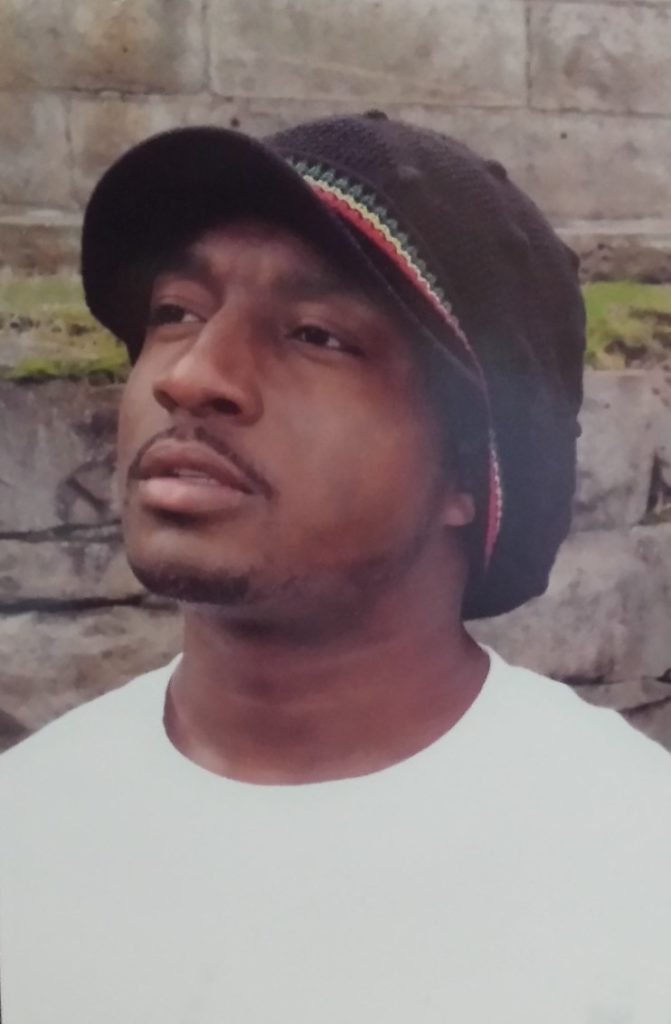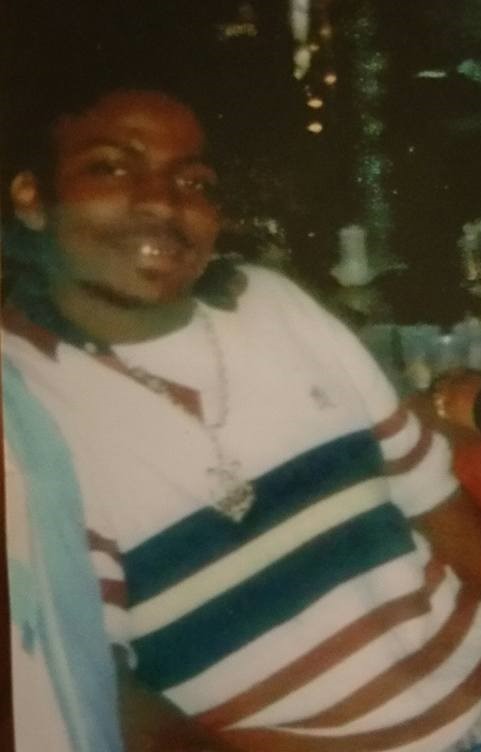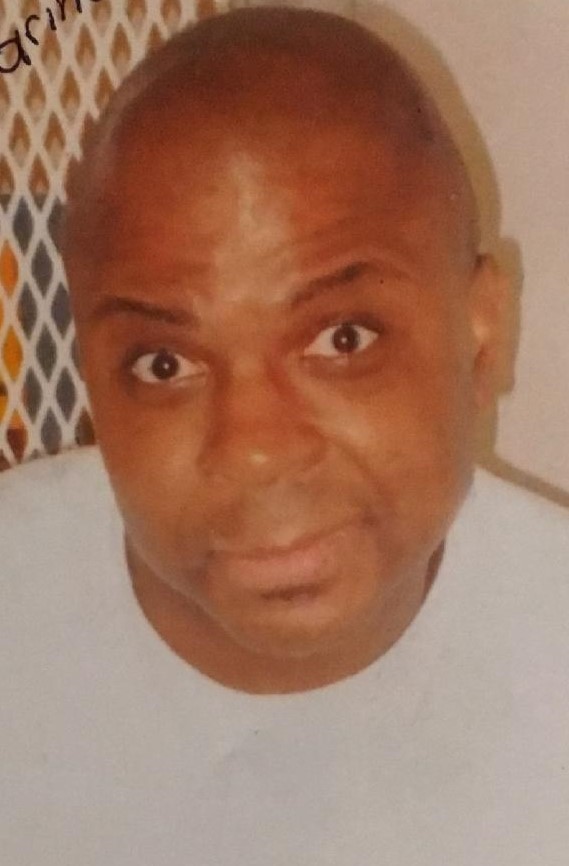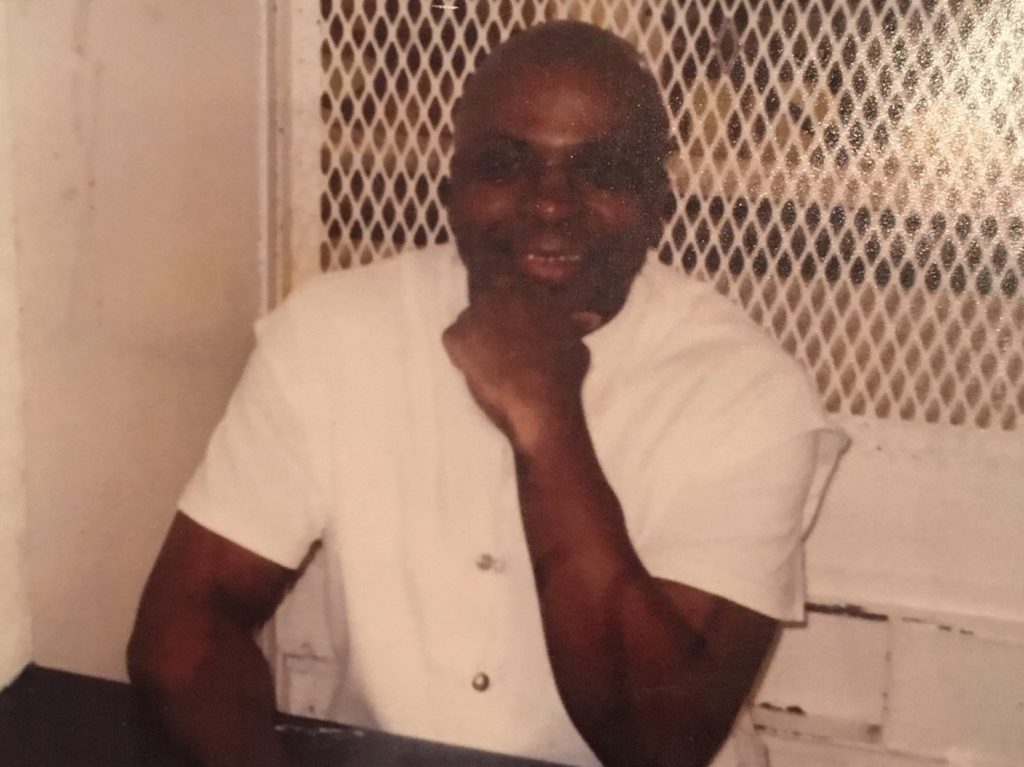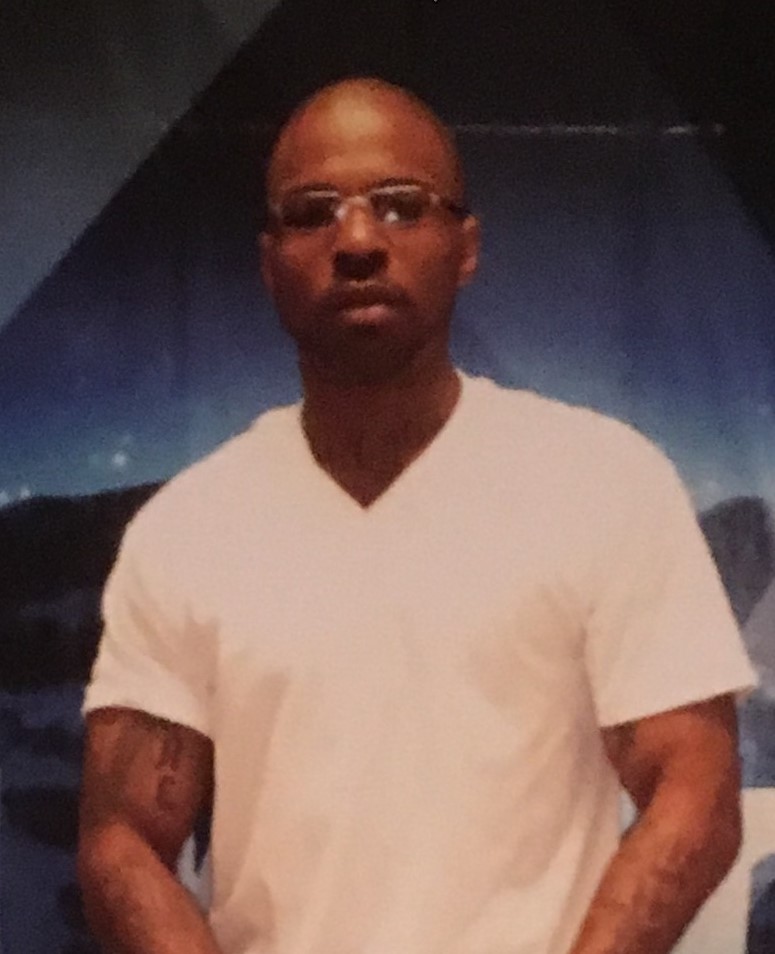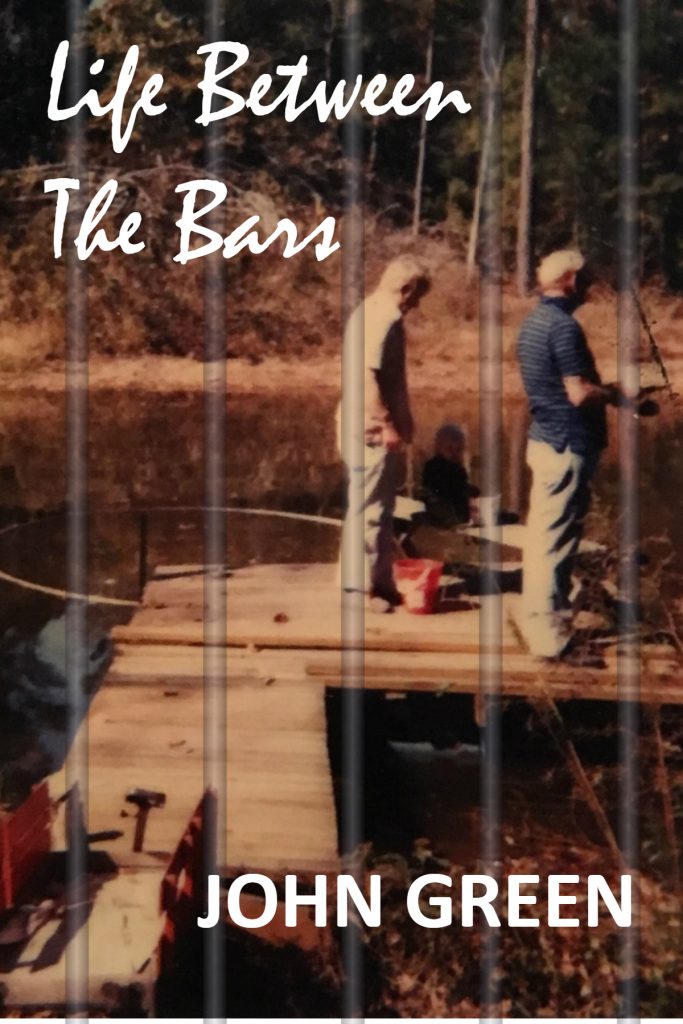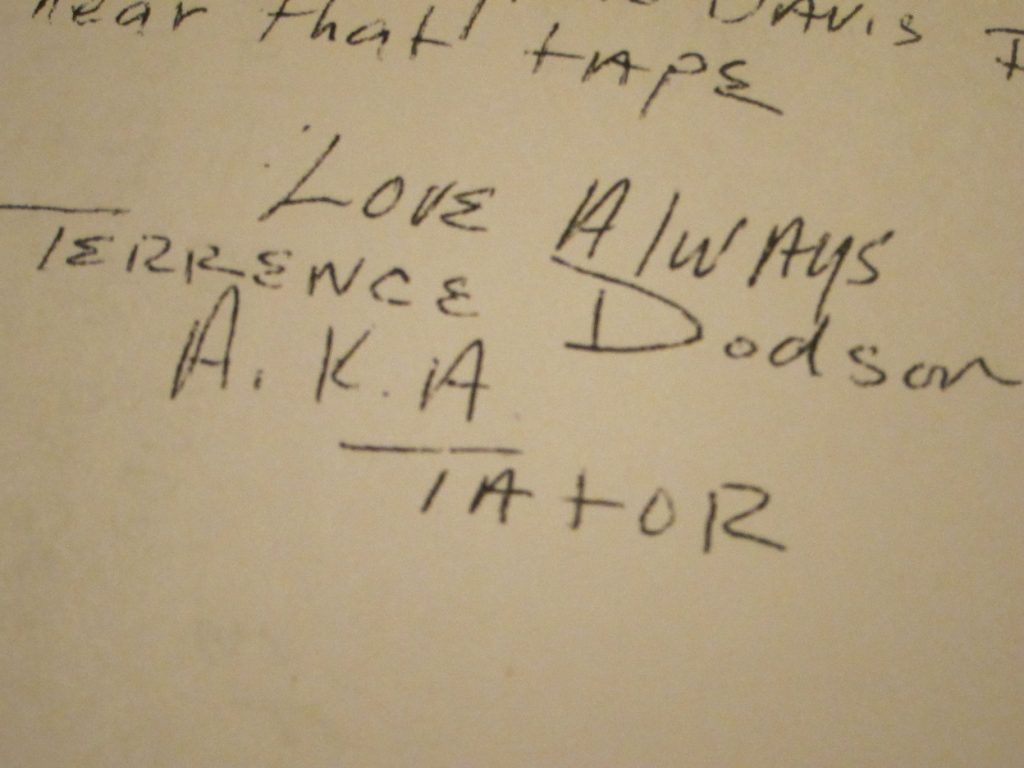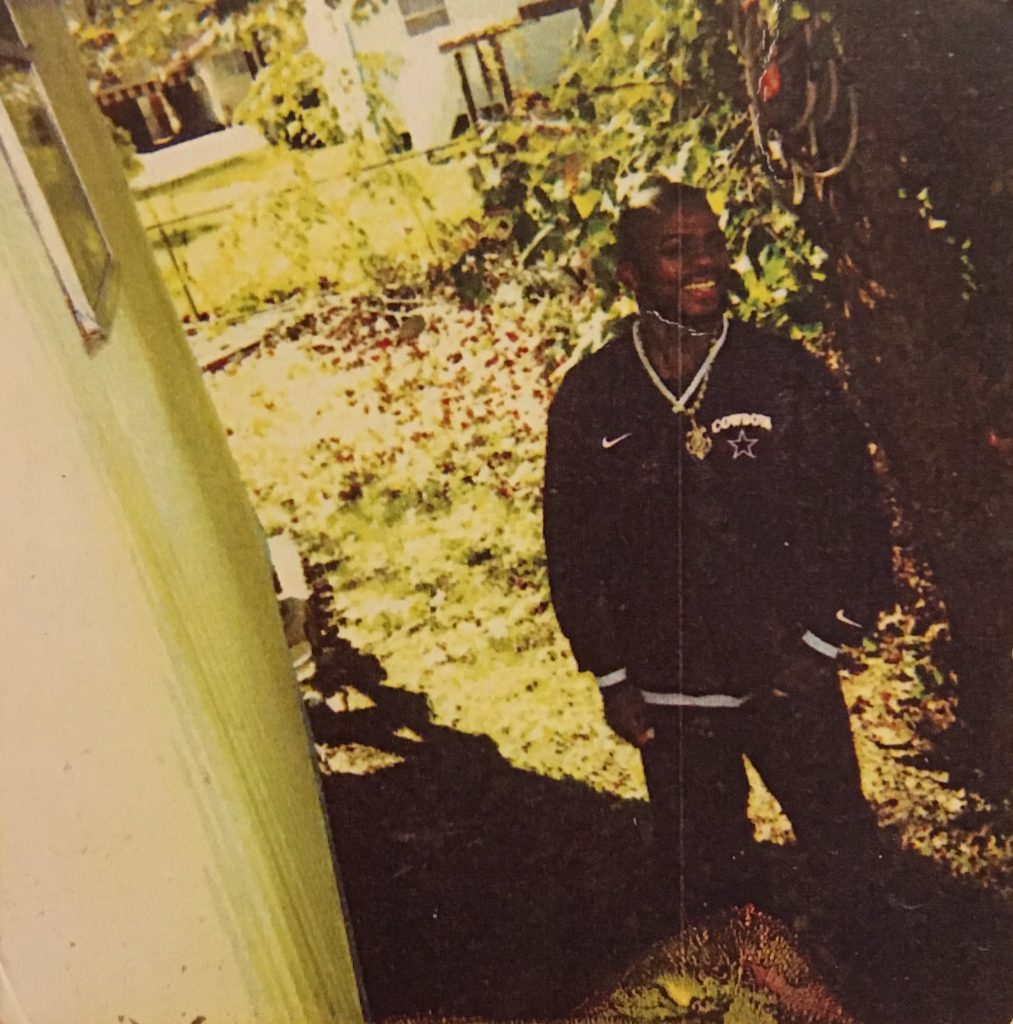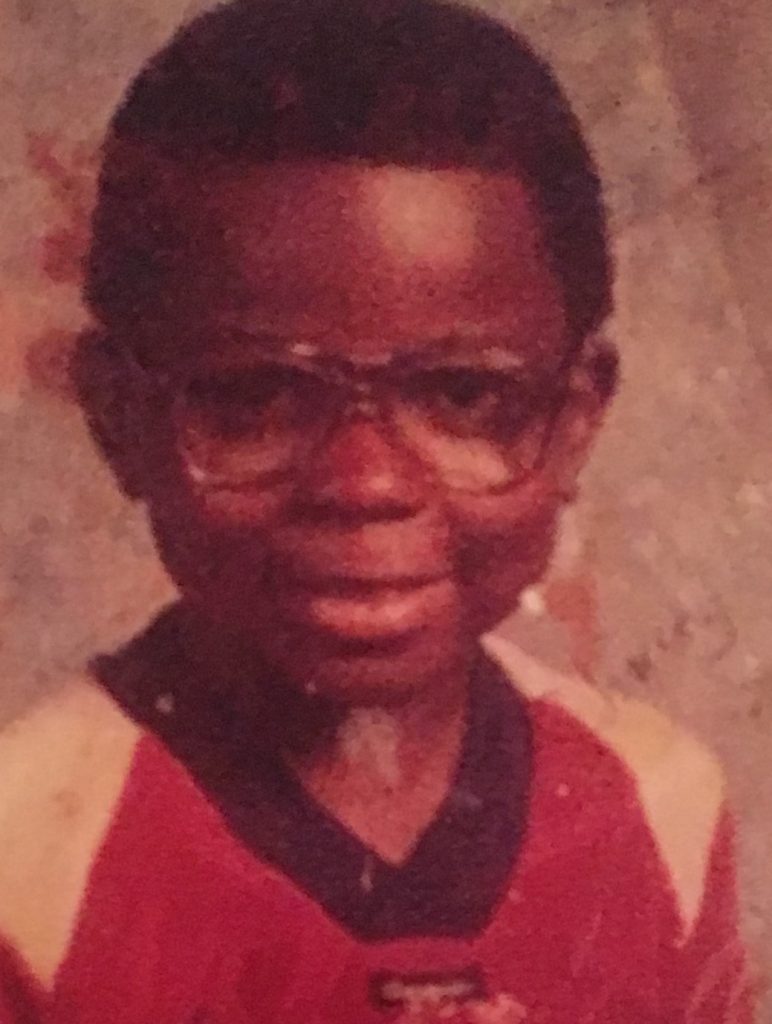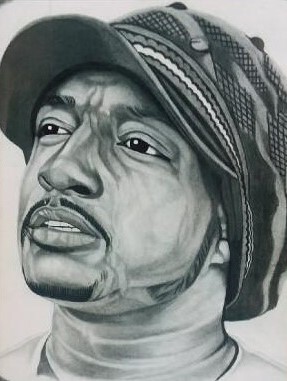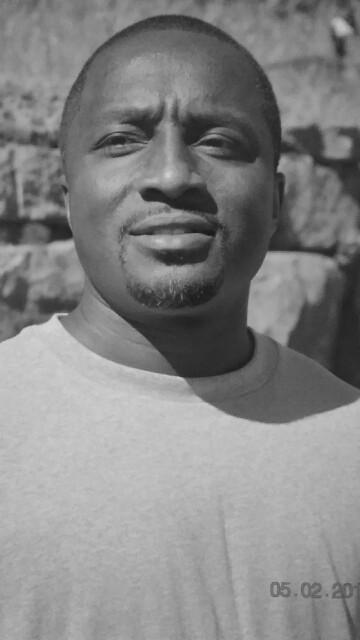The key piece of evidence in a capital murder case leaves one wondering how much of a trial is built on the talent of a prosecution to ‘paint a picture’ – and how much is based on reality.
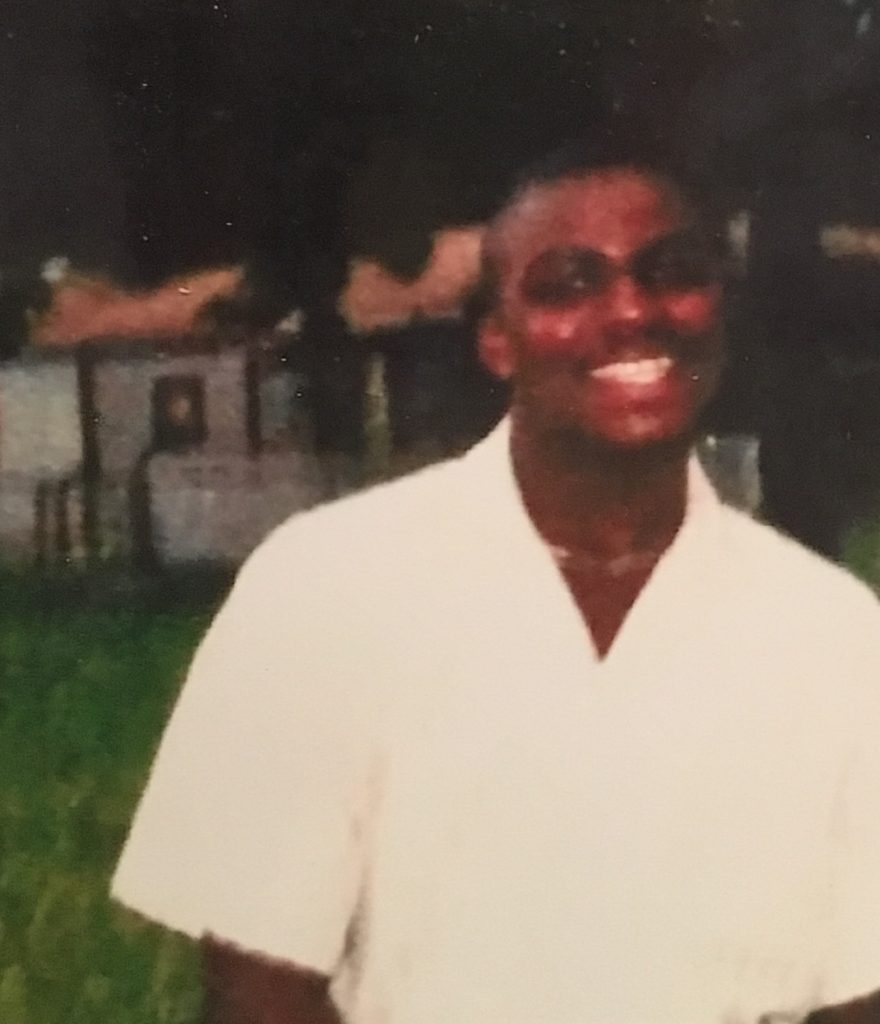
Charles Mamou was sentenced to die twenty years ago in Harris County, Texas, for the death of Mary Carmouche. He was black, tried in a county that sentenced people to death at an unrivaled rate, and couldn’t afford an attorney of his choosing. When the courts determined his fate, people went on with their lives, assuming justice had been done.
But had it?
The victim had been present at a drug deal that went terribly wrong, her body later found by a utility worker.
There were several people involved in the drug deal that took place that night, including one man who died at the scene. Those who survived were evasive when questioned by police – all but one. One of the drug dealers was very cooperative and investigators interviewed him at length. The young man was Charles Mamou’s very own cousin – a man the prosecution referred to repeatedly, arguing that the accused’s own family testified against him. Why would his own family lie?
What’s more bizarre than why a twenty-one year old drug dealer being looked at in a capital murder case would lie – is why someone will be executed on the weight of his testimony. Dodson had a lot to say – not a lot of it matched facts. But without a weapon, an eye witness, DNA, any physical evidence connecting Mamou to the crime scene – they wanted a ‘confession’. Watching the video today, twenty years later, it’s clear the ‘confession’ used to convict Charles Mamou was riddled with inconsistency.
Terrence Dodson started out by assuring investigators he would never be involved in a drug transaction.
Terrence Dodson said he just wanted to go home and not be involved with any type of illegal activity.
Those original statements directly contradicted what he later said at trial.
Q: And how did you come to meet him or be with him that morning?
A: Well, he gave me a call and told me that he had a lick for a key. So I said, come get me.
Q: What did you think was actually going to happen?
A: That they was going to bring the kilo, we were going to bring newspaper, and we was going to rob them.
Q: What was your part going to be?
A: My part in the robbery?
Q: Right.
A: To rob them.
Q: With what?
A: With a gun.
Q: You had a gun?
A: Yeah, I had it on me.
Q. What if there is more than one or two people there? Is that going to be a problem for you?
A. No, not really.
Q. You’re comfortable going in a situation like that with a gun, and if somebody shows you the dope, you just going to take the dope?
A. Pretty much.
Over and over, Terrence Dodson testified to his involvement in the drug deal, contradicting his original statement to police.
When Terrence Dodson first spoke to police on Wednesday, December 9, 1998, it took over an hour. He was asked several times what day Charles Mamou had left Houston for his home in Louisiana. Dodson told investigators Mamou left on Monday, December 7.
Although Dodson said Mamou left on Monday, according to the Houston Police Department’s own incident report – Charles Mamou left Houston on Tuesday, December 8, 1998.
Then, Dodson told investigators about the ‘confession’ – which he said took place in a phone call from Charles Mamou on Tuesday morning – from Louisiana. It would have been hard for Mamou to call Dodson from Louisiana on Tuesday morning – because the investigation’s own witnesses stated Mamou was actually in Houston on Tuesday morning, but that didn’t concern investigators, the prosecution or his defense attorney. Mamou had actually spent Monday night in the apartment of one of the prosecution’s own witnesses, Howard Scott.
Terrence Dodson then proceeded to share what he says was a confession to murder.
In his statement to police, Terrence Dodson shares a story of Mamou calling him on Tuesday morning from Louisiana, when in reality Charles Mamou wasn’t even in Louisiana, and confessing to him in one phone call. Months later, at trial, he told a different story.
Q. Now, when you are having this conversation with the defendant later on – says, ‘Later on I spoke with Charles’ – are you face to face?
A. Yes.
Q. Where are you?
A. On the porch.
Q. Whose porch?
A. Stephanie’s porch, my sister.
Q. Now you gave a whole lot of information in response to the prosecutor’s questions about conversations you had with Charles and go into detail about the jack on jack and these guys with a Bible. There was a shoot-out and goes into detail about where the people were shooting and everything. And then, also talking about the girl had been shot, that they had been outside. And he asked you about talking with Detective Novak, and she supposedly had performed oral sex on him. When do you get that information? What time is that?
A. I don’t really recall. I got, like I said, bits and pieces in person.
Q. Is it one conversation or several?
A. It was several.
Q. Over what period of time?
A. I don’t really recall, a couple of days.
Q. So, it’s not just Monday, it’s Monday and Tuesday?
A. To the best of my knowledge, yeah.
Yet – in his taped statement – Dodson claimed Charles confessed to him in one phone call on Tuesday morning from Louisiana, a time when Charles Mamou wasn’t in Louisiana.
Friends and relatives of Mamou’s have told me Mamou would never have shared his business with his cousin, Terrence. But, Terrence was willing to testify to a confession, so he was very valuable in the investigation – even with an odd version of events that didn’t match any of the available information or witness accounts. He even said the drug deal shooting began inside the car. As everyone knows – including the witnesses, police, prosecution and defense – it didn’t happen inside the car.
The drug deal and shooting actually took place outside the car. And none of the people there described a bag of money being thrown back and forth. That version is far from believable, even without any of the witnesses. But Terrence Dodson was giving investigators a confession, no matter how far-fetched it might sound. Not only was it a ‘confession’ it was one by a cousin – why would a cousin lie?
With regard to the victim – Dodson had an even more bizarre story to tell. One moment he described the girl as ‘scared’ and his cousin was trying to calm her down – and in the next moment he actually told investigators that she said, “I ain’t fixin to suck your dick for under $300.”
The victim’s body was later found in a neighborhood Charles Mamou, who was from Louisiana, would not have been familiar with, in the backyard of a house that was for sale. That is not how Terrence described the location though. He said in his statement that it was behind some abandoned houses, some for sale houses.
At one point it seemed the investigators were trying to help him include something they wanted him to add to his statement.
Again – the detective appeared to want this detail in the statement and again asked the leading question.
There wasn’t much about Dodson’s statement that lined up with what the other parties involved had to say. Even Dodson’s description of Mamou’s sunglasses that the prosecution presented as being connected to Mary. The glasses were nearly five miles from the body – but that was never told to the jury. In Dodson’s version of the story – the glasses were broken, ‘lenses gone and everything’. Anthony Trail and Charles Mamou, who had no reason to lie about the condition of glasses, both described the glasses as not being broken, and they were the ones who picked them up.
Terrence Dodson spoke to police for over an hour. A month after this statement to police was made, he wrote a letter to his cousin, Charles Mamou, who was in prison. In the letter he wrote:
“I’m glad you didn’t tell me shit about that cause I don’t wanna know shit, I feel better off that way.”

Charles Mamou was repeatedly accused of sexual assault during the trial and has repeatedly asked for any DNA testing that should have taken place if there was a sexual assault, as he knows it wouldn’t match him.
During the punishment phase of Mamou’s trail, autopsy photos of individuals other than Mary were shared, as well as testimony from family members of other murder victims. Charles Mamou has never been tried for any other murder.
I have tried to contact Terrence Dodson on several occasions, but he has not responded.
Charles Mamou is out of appeals and currently awaits an execution date.
Anyone with information regarding this case can contact me at kimberleycarter@verizon.net. Anything you share with me will be confidential.
TO CONTACT CHARLES MAMOU:
Charles Mamou #999333
Polunsky Unit 12-CD-53
3872 South FM 350
Livingston, TX 77351
![]()

